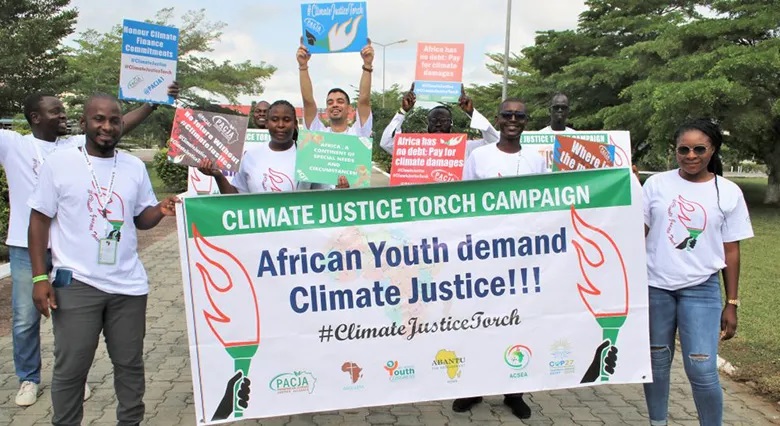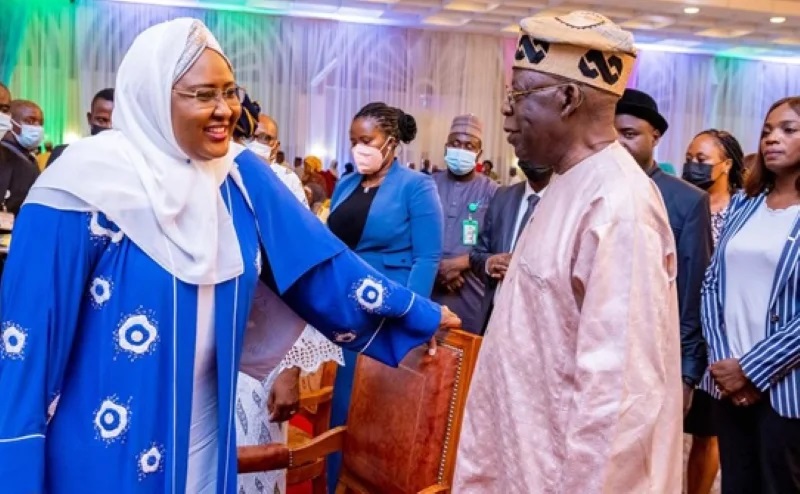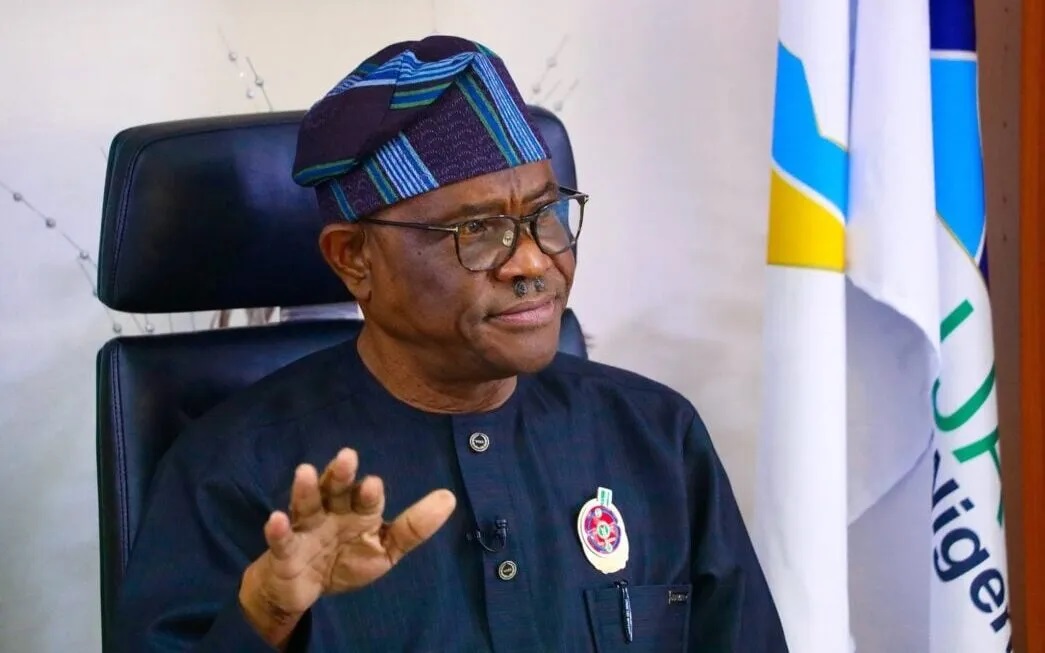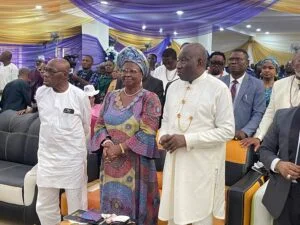Nigeria’s largest trade union body has warned that a fair climate transition will be impossible unless the rights and welfare of workers are placed at its centre.
At an event in Abuja co-hosted with the International Labour Organisation (ILO), the Nigeria Labour Congress (NLC) unveiled two major documents: a new policy paper on Nigeria’s updated climate targets (NDC 3.0) and a charter of demands setting out workers’ priorities for a Just Transition.
NLC President Joe Ajaero said previous climate commitments had failed to account for workers’ needs, leaving jobs and livelihoods at risk. “Climate change is a workplace issue,” he declared, arguing that climate strategies must guarantee decent work, fair pay and social protections.
The launch drew praise from the National Council on Climate Change (NCCC). Its Director-General, Omotenioye Majekodunmi – represented by climate adviser Jummai Vandu – said NDC 3.0 represents a forward-looking plan that balances emission reduction with renewable energy development and workers’ rights.
The government, she added, is committed to transparent carbon trading systems, a dedicated Climate Change Fund, and reskilling schemes to ensure no worker is left behind.
The ILO’s Senior Specialist on Workers’ Activities, Inviolata Chinyangarara, hailed the NLC’s work as a model for Africa, saying the documents will help align Nigeria’s climate response with sustainable development goals. She called for a focus on skills training and opportunities for vulnerable groups as the economy shifts towards low-carbon industries.
Government representatives also pledged support, with the Ministry of Labour and Employment describing the publications as a foundation for inclusive policy under President Tinubu’s administration.
By linking climate justice to social justice, Nigeria’s unions and policymakers aim to demonstrate that ambitious environmental action can go hand in hand with protecting workers’ rights – a message likely to resonate across the Global South.





